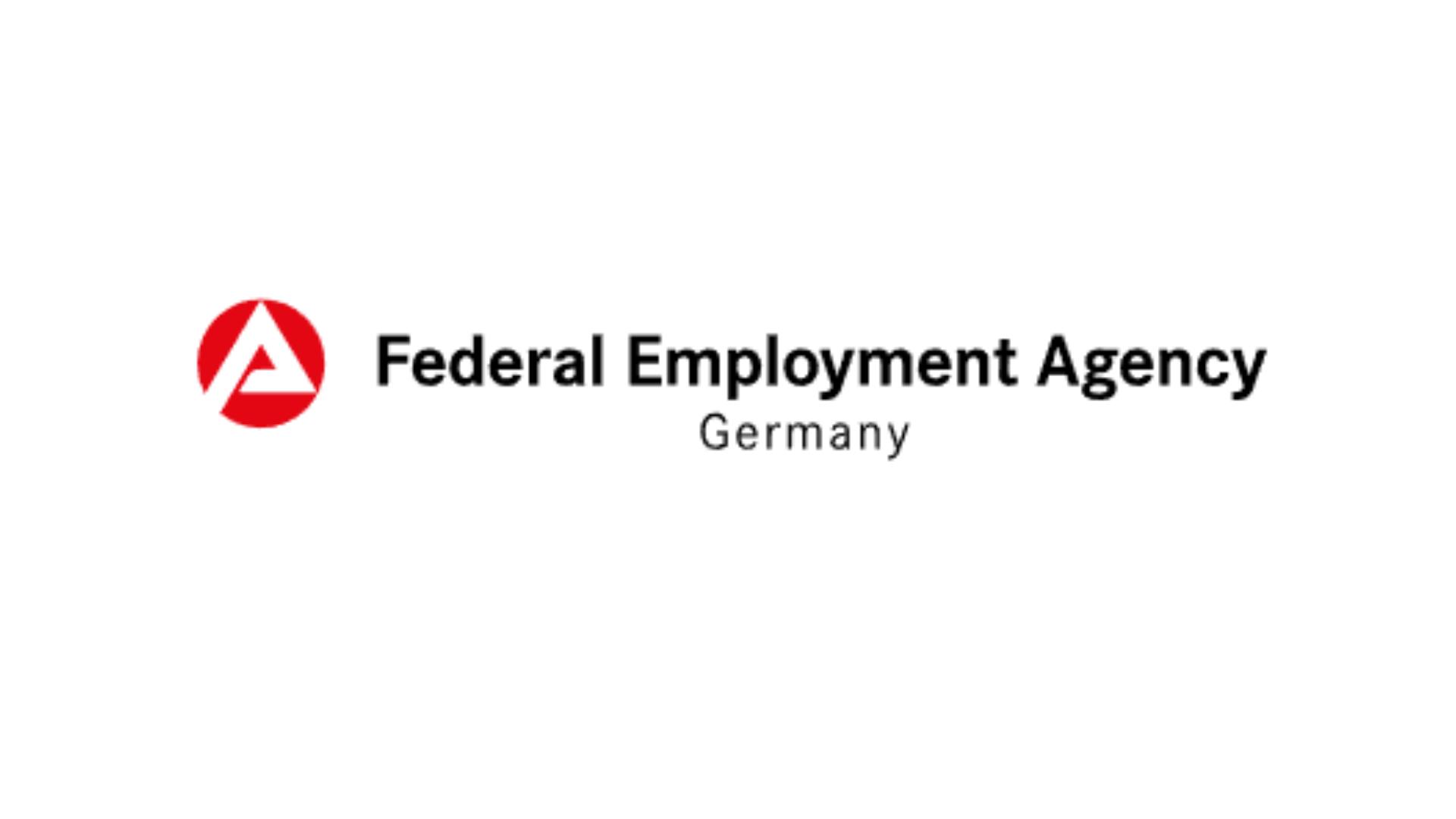Where to Find Jobs in Germany: Sites That Actually Work
Check out the most trusted platforms used by people looking for jobs in Germany:
Make it in Germany – The official German government portal for international workers.
Bundesagentur für Arbeit – Germany’s federal employment agency.
- StepStone – One of the country’s biggest job portals.
- Indeed Germany – Regularly updated with opportunities across all sectors.
- LinkedIn – Widely used by companies to recruit foreign talent.
- XING – A popular networking platform in the German job market.
Step-by-Step Guide to Getting a Work Visa for Germany
- Secure a job offer
The first step is landing a job. Many companies are experienced in hiring foreigners and will guide you through the required paperwork. - Apply for your visa at the German consulate
With your job offer in hand, go to the consulate with:
- Valid passport
- Signed employment contract or job offer
- Recognized diplomas or certificates
- Proof of health insurance
- Proof of address
- Proof of financial means
- After arriving in Germany: register and get your papers in order
You’ll need to:
- Register your address at the local town hall (Anmeldung)
- Open a bank account
- Get mandatory health insurance
- Apply for your residence permit at the Ausländerbehörde
Typically, after 5 years of legal employment (along with some other requirements), you may apply for permanent residency.
Sectors with the Most Opportunities for Immigrants
- Healthcare
There’s a high demand for doctors, nurses, and elderly care workers. Diplomas must be validated, and language proficiency is required. - Technical Professions
Electricians, plumbers, machine operators, welders, and technicians are in demand — many roles don’t require a university degree. - Engineering
Civil, mechanical, electrical, and automation engineers are well-received, especially in infrastructure, energy, and tech companies. - Information Technology (IT)
Germany is a tech hub in Europe. Opportunities abound for developers, data analysts, system administrators, and cybersecurity experts. - Natural Sciences
Biologists, chemists, and physicists are needed in research institutes, pharma companies, and innovation-focused enterprises.
Why Is Germany Hiring Immigrants?
With an aging population and low birth rate, Germany is facing labor shortages across various sectors. To keep the economy thriving, the country has launched initiatives to attract foreign talent. Working in Germany isn’t just about earning in euros — it’s about dignity, recognition, and quality of life for you and your family.
Recognizing Foreign Diplomas in Germany
To work legally in many professions, your degree must be validated through a process called Anerkennung.
This can be done on the official Anabin website, which checks if your qualifications match German standards.
Fields like nursing, engineering, law, and education require this validation — sometimes alongside exams or additional coursework.
How Much Does It Cost to Live in Germany? Real Examples
Costs vary by city. Below is an updated monthly average for major cities:
Berlin
- Rent: €900 to €1,700 (depending on the area)
- Public transport: €86
- Food: €300 to €450
Munich
- Rent: €1,200 to €2,200
- Transport: €89
- Food: €350 to €500
Hamburg
- Rent: €1,000 to €2,000
- Transport: €95
- Food: €300 to €450
According to Expatistan, a single person spends around €2,251 per month, while a family of four needs about €4,261.
Tips from People Already Living in Germany: What Really Makes a Difference
Moving abroad is more than just a professional decision — it’s emotional, familial, and cultural. That’s why hearing from those who’ve already been through it is one of the smartest ways to prepare.
Here are key insights from immigrants who now live with peace and dignity in Germany:
- Learning German beforehand isn’t mandatory, but it makes a big difference
Many arrived without speaking a word, but all agree that knowing the basics helps a lot.
Being able to introduce yourself, ask for information, fill out simple forms, and follow instructions is useful in situations like:
- Doctor’s appointments
- Job interviews
- Signing contracts
- Conversations in stores or on public transport
Pro tip: Use apps like Duolingo or Babbel, or free YouTube lessons. Just 30 minutes a day builds a solid foundation.
- Don’t be afraid to ask for help from those already living there
Reach out to family, friends, or community members already in Germany. They can help with:
- Referrals to real job openings
- Explaining local bureaucracy
- Support during your first days, like temporary housing or help with official paperwork
Remember: asking for help isn’t weakness — it’s wisdom.
- Save enough money to cover at least 3 months
Even with a job secured, you’ll have initial expenses such as:
- Rental deposit (usually 2–3 months upfront)
- Buying basic furniture or appliances (many rentals are unfurnished)
- Food, transport, paperwork, diploma translation
Plan ahead: this upfront investment is key to a smooth transition.
- Keep all your documents organized and up to date
Germany values order. Being fully prepared shows professionalism and avoids delays.
Essential documents:
- Valid passport
- Signed job offer
- Sworn translations of diplomas
- Proof of address (even if temporary)
- Language certificates (if applicable)
- Valid German health insurance
- Proof of financial means (bank statements or employer letter)
Extra tip: Create a digital folder with scanned copies and save it to the cloud (Google Drive, for example).
- Find support in immigrant groups and local communities
Living far from home can feel lonely at first — but you’re not alone.
Germany has large immigrant communities, such as Turks and others, who gather in:
- Facebook or Telegram groups
- Mosques, cultural centers, and NGOs
- Integration events, community cafés, fairs, and networking meetups
Joining these spaces helps with language learning, cultural adaptation, and creating a support network that can transform your experience.
- Take pride in your culture — and stay open to learning from a new one
Adapting doesn’t mean leaving your roots behind. Many immigrants keep their faith, food, language, and family values.
At the same time, respecting local rules and understanding German culture is key to a good life there.
- Be punctual — it’s highly valued
- Follow public and building etiquette
- Observe how Germans communicate — they’re more direct, but still polite
Advice from those who live there: balancing your identity with openness is what brings peace, respect, and growth.
Conclusion: This Path Has Already Worked for Many — Now It Could Be Your Turn
Starting over in another country is a big decision. But thousands of people just like you have done it — and changed their lives.
If you dream of a safer life, want to grow in your career, and give your family a better future, Germany could be your new beginning.
With planning, courage, and support, you can make it happen. The next success story could be yours!

